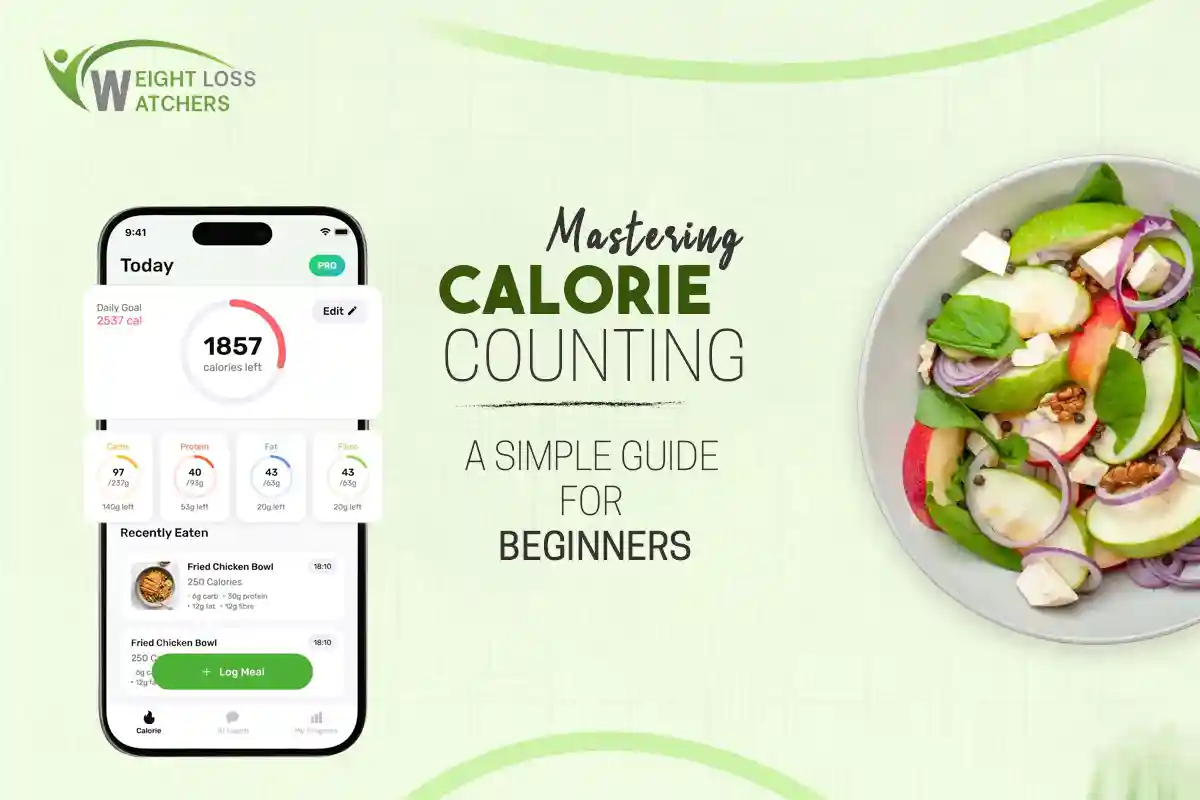When it comes to weight loss, most people focus only on diet and exercise. While these two are the foundation of a healthy lifestyle, there’s another hidden factor that plays a big role in how effectively your body sheds fat, vitamins, and minerals. These nutrients don’t directly burn fat, but they support key processes like metabolism, digestion, energy production, and hormone regulation, which are essential for sustainable weight loss.
In this blog, we’ll explore the top 5 vitamins and minerals that aid weight loss, their benefits, food sources, and how they help you achieve your fitness goals.
Table of Contents
1. Vitamin D The Sunshine Vitamin
Why it matters for weight loss
Vitamin D is often called the “sunshine vitamin” because our body produces it when exposed to sunlight. Studies suggest that vitamin D plays a major role in regulating hormones related to appetite and fat storage. Low levels of vitamin D are associated with higher body fat, impaired insulin sensitivity, and increased difficulty in losing weight. Among the Top 5 Vitamins and Minerals that support weight loss, vitamin D stands out as one of the most essential.
How it helps
- Improves insulin sensitivity, reducing fat storage
- Enhances mood and energy levels, making it easier to stay active
- Supports muscle function, which boosts calorie burning
Food sources
- Fatty fish like salmon, tuna, and mackerel
- Fortified dairy products and cereals
- Egg yolks
- Sunlight exposure (10–20 minutes daily)
Pro tip
If you don’t get enough sunlight, consider a vitamin D supplement after consulting your doctor.
2. Vitamin B Complex – The Energy Boosters
Why it matters for weight loss
The B vitamins (B1, B2, B3, B5, B6, B7, B9, and B12) are crucial for energy production. Without them, your body can’t effectively convert carbohydrates, fats, and proteins into usable energy. This means sluggish metabolism, fatigue, and difficulty sticking to workouts.
How it helps
- Boosts energy levels for exercise and daily activity
- Enhances metabolism, helping your body burn calories more efficiently
- Reduces stress and anxiety, which often trigger emotional eating
Food sources
- Whole grains like brown rice and oats
- Lean meats, poultry, and fish
- Leafy greens like spinach and kale
- Eggs, legumes, and nuts
Pro tip
If you follow a vegetarian or vegan diet, vitamin B12 supplementation may be necessary since it is mainly found in animal products.
3. Iron – The Oxygen Carrier
Why it matters for weight loss
Iron is a mineral that helps transport oxygen to your muscles through hemoglobin. Without enough iron, your body struggles with fatigue, weakness, and poor exercise performance all of which make weight loss harder. Women, especially, are more prone to iron deficiency due to menstrual blood loss.
How it helps
- Improves energy levels by boosting oxygen flow
- Enhances workout performance and stamina
- Prevents fatigue that often leads to inactivity
Food sources
- Red meat, chicken, and turkey
- Beans, lentils, and tofu
- Spinach and other leafy greens
- Fortified cereals
Pro tip
Pair iron-rich foods with vitamin C sources like oranges, strawberries, or bell peppers to improve absorption.
4. Magnesium – The Stress-Buster Mineral
Why it matters for weight loss
Magnesium is a mineral involved in more than 300 biochemical reactions in the body, including muscle function, energy production, and blood sugar regulation. Low magnesium levels can trigger stress, anxiety, poor sleep, and sugar cravings all enemies of weight loss.
How it helps
- Regulates blood sugar levels and reduces sugar cravings
- Improves sleep quality, supporting weight management
- Reduces stress hormones like cortisol, which can lead to belly fat
Food sources
- Nuts and seeds (almonds, cashews, pumpkin seeds)
- Dark chocolate (in moderation)
- Leafy greens like Swiss chard and kale
- Whole grains and legumes
Pro tip
If you struggle with sleep or muscle cramps, magnesium supplements may help — but always check with your healthcare provider first.
5. Calcium – The Fat-Burning Mineral
Why it matters for weight loss
Calcium is best known for building strong bones, but it also plays a surprising role in fat metabolism. Research suggests that calcium may help regulate how fat is stored and broken down in the body. Adequate calcium levels may also reduce the risk of obesity.
How it helps
- Enhances fat breakdown and reduces fat storage
- Supports strong muscles for better workouts
- Works with vitamin D for overall metabolic health
Food sources
- Dairy products like milk, yogurt, and cheese
- Fortified plant-based milk (soy, almond, oat)
- Sardines and salmon with bones
- Broccoli and kale
Pro tip
Make sure to balance calcium intake with vitamin D, as both work together for maximum effectiveness.
Additional Tips for Maximizing Weight Loss
- Stay hydrated – Water helps in digestion, boosts metabolism, and keeps cravings in check.
- Get enough sleep – Poor sleep disrupts hunger hormones, leading to overeating.
- Exercise regularly – Combine cardio, strength training, and flexibility exercises.
- Eat whole foods – Prioritize unprocessed, nutrient-dense meals.
- Manage stress – Practice yoga, meditation, or deep breathing exercises.
Conclusion
Weight loss is not just about cutting calories it’s about nourishing your body with the right nutrients. Vitamins and minerals like Vitamin D, B complex, Iron, Magnesium, and Calcium play an essential role in metabolism, energy, mood, and fat regulation. By including these nutrients in your daily diet through whole foods (and supplements if required), you’ll not only lose weight more effectively but also feel stronger, healthier, and more energized.




